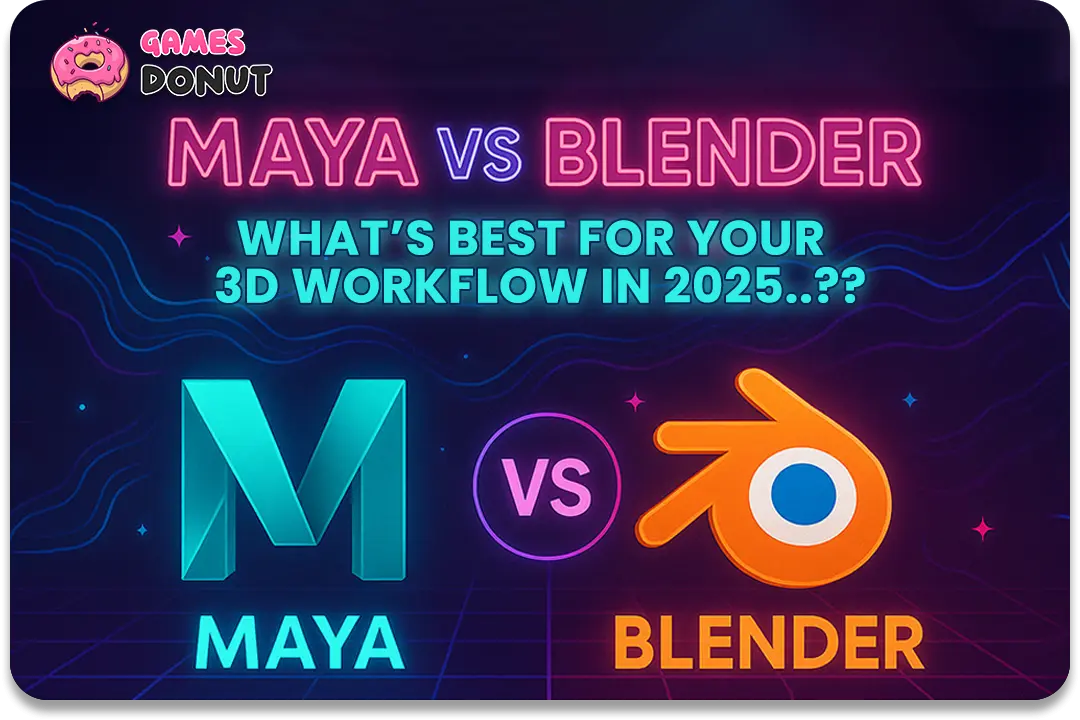Mobile gaming has not only revolutionized the gaming industry but has also redefined how digital interactions and transactions occur within games. A fascinating byproduct of this evolution is the rise of virtual economies—dynamic, intricate ecosystems where players trade, buy, and sell virtual assets. These economies have grown from simple in-game mechanics into robust systems that mirror real-world financial markets. Let’s explore the deep connection between mobile gaming and virtual economies and how they are shaping the future.
Understanding Virtual Economies :
At its core, a virtual economy refers to the systems within games where players can exchange virtual goods, currencies, or services. Initially, these systems were confined to enhancing gameplay by rewarding players with virtual coins or items. However, with advancements in technology and increasing player engagement, virtual economies now serve as complex networks driven by real-world monetary value.
For instance, mobile games like PUBG Mobile and Fortnite feature virtual currencies that can be purchased with real money to buy skins, outfits, and other digital assets. These transactions are not just limited to improving gameplay aesthetics but have become status symbols, sparking a culture of prestige and competition among players.
Mobile Games Fueling Virtual Economies :
Microtransactions and Revenue Streams
Mobile games have been at the forefront of integrating microtransactions, allowing players to make small, frequent purchases. Games like Clash of Clans and Candy Crush Saga have pioneered this model, earning billions by offering in-game currency and boosts. This approach makes gaming accessible to everyone while creating a consistent revenue stream for developers.
Play-to-Earn Games: Bridging Gaming and Finance
Play-to-earn (P2E) models are an innovative aspect of virtual economies, blending blockchain technology with gaming. Mobile games such as Axie Infinity enable players to earn tradable assets like cryptocurrency and NFTs. This allows gamers to convert their time and effort into tangible financial rewards, breaking the traditional notion that gaming is merely a pastime.
Marketplace Dynamics
Many mobile games include in-app marketplaces where players can trade items, ranging from weapons and avatars to rare collectibles. These marketplaces operate on principles of demand and scarcity, making them akin to real-world stock markets. For example, rare skins in Garena Free Fire or exclusive cars in Asphalt 9 often fetch high prices in the gaming community, highlighting the economic potential of such systems.
Why Virtual Economies Are Significant :
Enhanced Player Engagement
Virtual economies provide gamers with incentives to stay engaged. The opportunity to earn rewards, trade items, or achieve exclusive status motivates players to spend more time and money within the game. This not only boosts a game’s longevity but also fosters a dedicated community.
Economic Opportunities for Players
Virtual economies have turned gaming into a viable career option. From streamers and professional gamers to asset traders who buy and sell digital goods, the opportunities are vast. In some cases, players in countries with weaker currencies earn more through play-to-earn games than traditional jobs.
Cultural and Social Impact
Games with robust virtual economies encourage social interactions, teamwork, and negotiation. Events like Fortnite concerts, where players gather in a virtual space to experience live performances, showcase the cultural integration of gaming and virtual economies.
Challenges in Virtual Economies :
Monetization Ethics
While microtransactions and virtual assets drive revenue, they often come under scrutiny for being predatory. Some games are criticized for targeting vulnerable players, including children, with loot boxes and pay-to-win mechanics. Developers must strike a balance between profitability and ethical practices.
Fraud and Regulation
Virtual economies are not immune to risks like fraud, account hacking, and money laundering. As these systems become more lucrative, they attract malicious actors. Strong security measures and clear regulations are essential for maintaining trust and fairness.
The Future of Virtual Economies in Mobile Gaming :
The relationship between mobile gaming and virtual economies is poised to grow further with technological advancements. Blockchain technology is expected to play a pivotal role by enabling transparent transactions and true ownership of digital assets. Augmented reality (AR) and metaverse platforms may create immersive virtual spaces where players can participate in more integrated economies.
For example, future mobile games might allow players to own virtual real estate or manage businesses within the game, earning real-world income. Companies are already exploring collaborations between gaming and sectors like fashion, music, and education, paving the way for richer, more engaging experiences.
In short,
The symbiotic relationship between mobile gaming and virtual economies is reshaping the way we view both entertainment and digital commerce. As these virtual worlds become increasingly sophisticated, they offer more than just fun—they provide opportunities for financial growth, social interaction, and cultural influence. For players and developers alike, the possibilities are limitless, making this an exciting era for gaming and its virtual economies.




